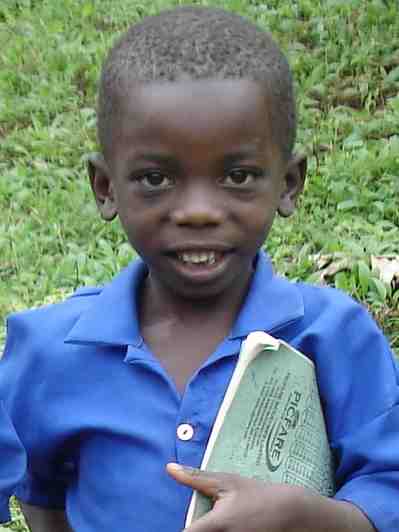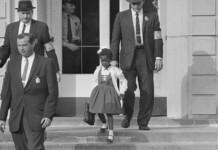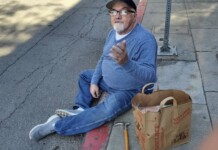 The HERO campaign is enhancing the lives of children who have been orphaned or made vulnerable by HIV/AIDS in sub-Saharan Africa. Today it launched its HERO Youth Ambassador Program by bringing 12 teens to Namibia and South Africa to make a difference in HIV/AIDS-affected communities. The Youth Ambassadors will spend a month with their peers working in schools and communities that have been hit hard by the health crisis.
The HERO campaign is enhancing the lives of children who have been orphaned or made vulnerable by HIV/AIDS in sub-Saharan Africa. Today it launched its HERO Youth Ambassador Program by bringing 12 teens to Namibia and South Africa to make a difference in HIV/AIDS-affected communities. The Youth Ambassadors will spend a month with their peers working in schools and communities that have been hit hard by the health crisis.
The American students will be building new classrooms, installing kitchens for in-schools feeding programs, and painting existing structures. Cross-cultural sharing of art, music, and sports will start breaking down barriers, dispelling stereotypes and developing understanding for each other.
“The desire to educate one’s child is a commonality that parents from around the world share,” says HERO Special Programs Ambassador Andrea Kerzner. Her two children will participate in the pilot program this summer. “As a South African, it is important to me to give back to the country I was raised in, as well as to instill in my own children the notion of global, social responsibility at an early age. This pilot program is an excellent vehicle to expose teens to the problems facing Africa in a very real way. By working in schools and communities that have been hit hard by the HIV/AIDS crisis, these teens will hopefully form a lifelong bond to the people and nations they are helping.”
Participating students will take on the role of HERO Youth Ambassadors by organizing fundraisers within their schools and communities. Prior to traveling, each of the 12 students will become immersed in Namibian and South African culture, history and current affairs. This includes a scheduled group meeting with officials at the Namibian and South African Missions to the United Nations as well as an introductory Zulu language class. (UNA-USA)




















Capital
Terrific Inspiration.
The real culprit behind the AIDS epidemic is the economic, political and cultural instability caused by poverty, in Africa and other poor regions of the world. But, there is reason to hope.
Nearly all of the efforts to remedy the deplorable human crisis in Africa is focused on financial aid, which may make one feel good, and band aid the situation temporarily, but is not the long term solution.
There is a book named The Mystery of Capital, written by a man who has spent his entire career trying to understand the reason why some economies thrive and others never blossom. His conclusion is quite simple, but epiphanous to people who understand what drives economies.
Simply stated, the poor have literally billions of dollars of wealth imprisoned in the form of dead capital, in there homes and dwellings. All business are built on an initial flow of capital, in most cases from mortgaging ones home. In the poorest countries, with no predictable and reliable property rights in place, and no court system to uphold those rights, real property (homes) can not be mortgaged to start business and create the foundation for thriving economies. By example, take a woman in Zambia, whose husband dies, and the next day she is forceable removed from her home and farm by a male neighbor, and likely she and her children will be in trouble.
The good news, is that slowly governments are beginning to recognize the importance of this locked up capital and they are embracing Western and European style property rights systems, and tort systems to protect citizens rights. Once the property protections are in place, companies will be willing to lend monies and unlock the enormous amount of capital that is available to pull the poorest regions of the world out of poverty.
Let’s hope it is sooner rather than later.
rhg